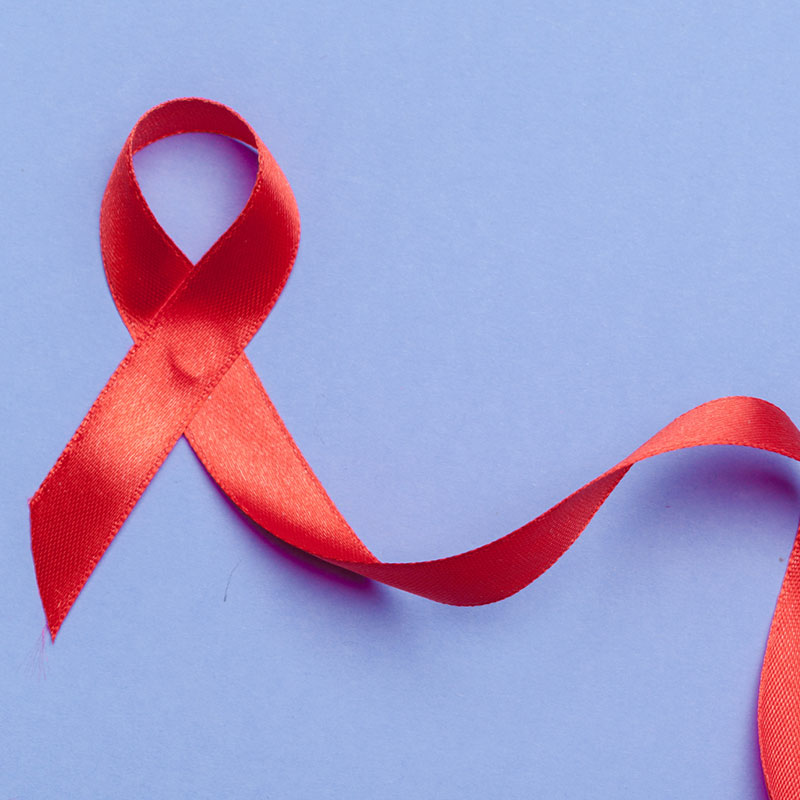
HIV Testing & Specialty Care
How is HIV transmitted?
HIV can be transmitted by contact with certain bodily fluids from a person with HIV who has a detectable viral load. These fluids are blood, semen, breast milk, vaginal, and anal fluids.
Transmission can occur:
During unprotected sex, sex with a broken condom, or oral sex.
By sharing injection drug equipment or receiving blood transfusions with contaminated blood.
Through contact with open wounds and/or broken skin.
Transmission can occur:
What is the difference between HIV versus AIDS?
HIV (Human Immunodeficiency Virus) is a virus that attacks the cells in your immune system and can lead to AIDS (Acquired Immunodeficiency Syndrome) if left untreated.
AIDS is the late stage of HIV infection that occurs when the body’s immune system is badly damaged because of the virus (cited source: www.hiv.gov). The only way to know your status is to get tested. Testing is quick and simple, with rapid testing results available in as little as 15 minutes! Call or stop by our office today for your free test!
AIDS is the late stage of HIV infection that occurs when the body’s immune system is badly damaged because of the virus (cited source: www.hiv.gov). The only way to know your status is to get tested. Testing is quick and simple, with rapid testing results available in as little as 15 minutes! Call or stop by our office today for your free test!
How can HIV be prevented?
Our offices offer PrEP (pre-exposure prophylaxis) to patients who do not have HIV and want a preventative method. We also offer PEP (post-exposure prophylaxis), which can be taken after being potentially exposed to HIV. To prevent the transmission of HIV, PEP must be started within 72 hours after a possible exposure to the virus.
Why should I get an HIV test?
Knowledge is power. If you know your status, you can take charge of your health by starting treatment promptly or exploring options to prevent HIV transmission.












